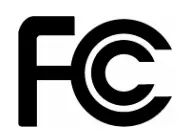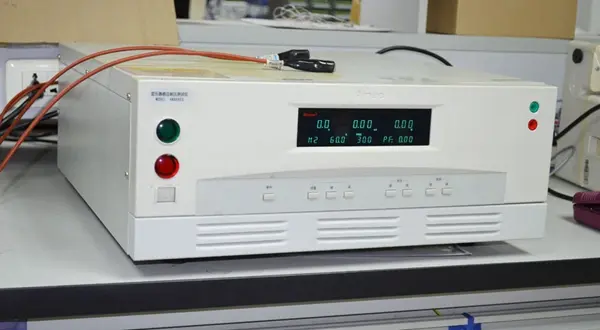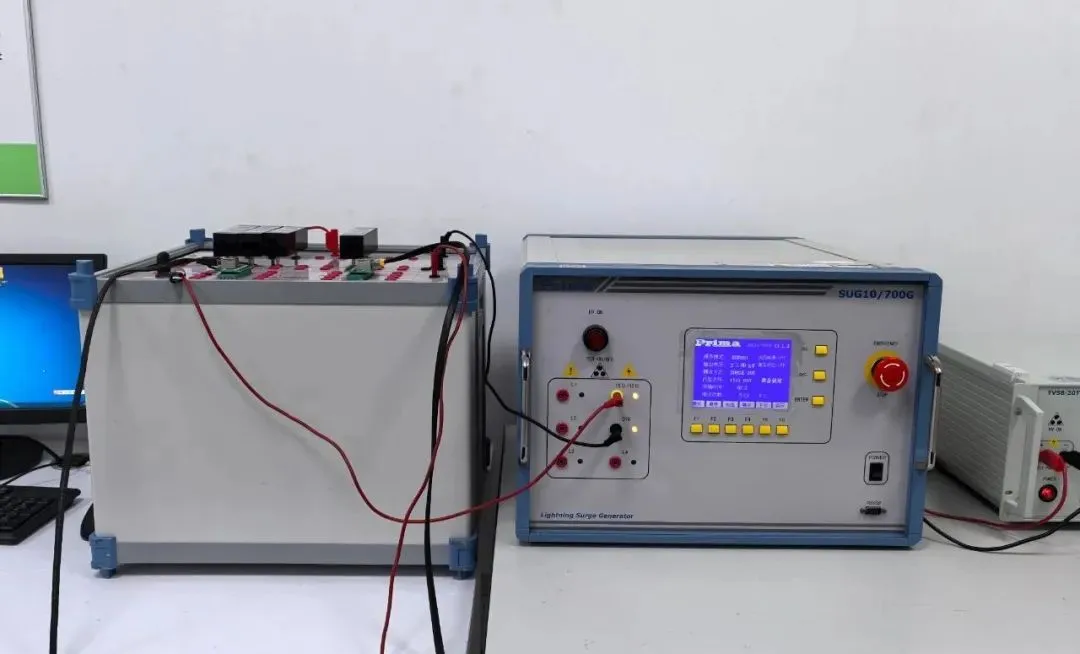
How to get FCC ID Certification for Bluetooth Headphones?
What is an fcc id?
FCC ID refers to the wireless certification from the United States Federal Communications Commission (fcc). After certification, a unique identification number, commonly known as the FCC ID, is issued.

FCC Identifier
For FCC ID certification, the certified ID number must be marked on the product label. For example: FCC ID AAAAAXXXXX, where "AAAAA" represents a 5-character Grantee Code assigned to the manufacturer, and "XXXXX" is a unique code for the applicant's device, consisting of up to 14 characters, which may include numbers, letters, and hyphens.
Products Requiring FCC ID
Wireless RF products such as Bluetooth (BT), Wi-Fi, Zigbee, 2.4GHz, 5GHz devices, mobile phones, and various remote controls that intentionally emit radio frequency signals need to comply with the fcc part 15C standard limits in the United States.
FCC Certification Standards for Bluetooth Headphones:
As wireless communication devices, Bluetooth headphones must meet the FCC's electromagnetic compatibility (EMC) and radio frequency (RF) radiation requirements to obtain FCC certification. By conducting electromagnetic radiation tests, RF performance tests, and emc tests, manufacturers can ensure that Bluetooth headphones operate reliably and compatibly in electromagnetic environments, thus passing FCC certification. Bluetooth headphones that pass FCC certification can be legally sold and used in the U.S. market, providing consumers with safe and reliable wireless communication products.
The FCC certification for Bluetooth headphones mainly adheres to FCC Part 15B and Part 15C standards. Part 15B specifies the limits on electromagnetic emissions and EMC requirements, while Part 15C outlines the RF performance requirements for wireless communication devices.
fcc testing Content:
1. Electromagnetic Radiation Testing:
- radiated emission test: Measures the wireless transmission power of Bluetooth headphones within the RF frequency range to verify compliance with FCC limits.
- Radiated Immunity Test: Places the Bluetooth headphones in an environment with interference from other electromagnetic devices to test their performance under interference conditions.
2. RF Performance testing:
- Receiver Sensitivity Test: Tests the ability of Bluetooth headphones to receive signals, verifying their performance at specific signal strengths.
- Transmission Power Test: Tests the wireless transmission power of Bluetooth headphones in different operating modes to ensure compliance with FCC limits.
- Frequency Stability Test: Tests the stability of Bluetooth headphones at different frequencies to ensure they operate within the specified frequency range.
fcc certification process:
1. The product must pass testing at an FCC-recognized laboratory and obtain a test report.
2. Gather the technical documentation for the product, including detailed product photos, block diagrams, user manuals, etc.
3. Submit the documentation to an FCC-recognized NVLAP & ISO/IEC 17025 testing laboratory, which will confirm the accuracy of all materials and issue the certification.
China's JJR Laboratory provides fcc certification services. Feel free to request a quote.
Email:hello@jjrlab.com
Write your message here and send it to us
 Global Certification Guide for Lithium Batteries
Global Certification Guide for Lithium Batteries
 Compliance of Amazon 18650 Lithium Battery Product
Compliance of Amazon 18650 Lithium Battery Product
 What is CE Certification and EU Authorized Represe
What is CE Certification and EU Authorized Represe
 What Are the Lithium Battery Safety Tests?
What Are the Lithium Battery Safety Tests?
 What is the EN 61326-2-3 Standard?
What is the EN 61326-2-3 Standard?
 Why Do Smart Sockets Need IEC 60884 Certification?
Why Do Smart Sockets Need IEC 60884 Certification?
 Why Retest the Device if the 5G Module Already Has
Why Retest the Device if the 5G Module Already Has
 Overview of IEC 62087 Test Standard
Overview of IEC 62087 Test Standard
Leave us a message
24-hour online customer service at any time to respond, so that you worry!




